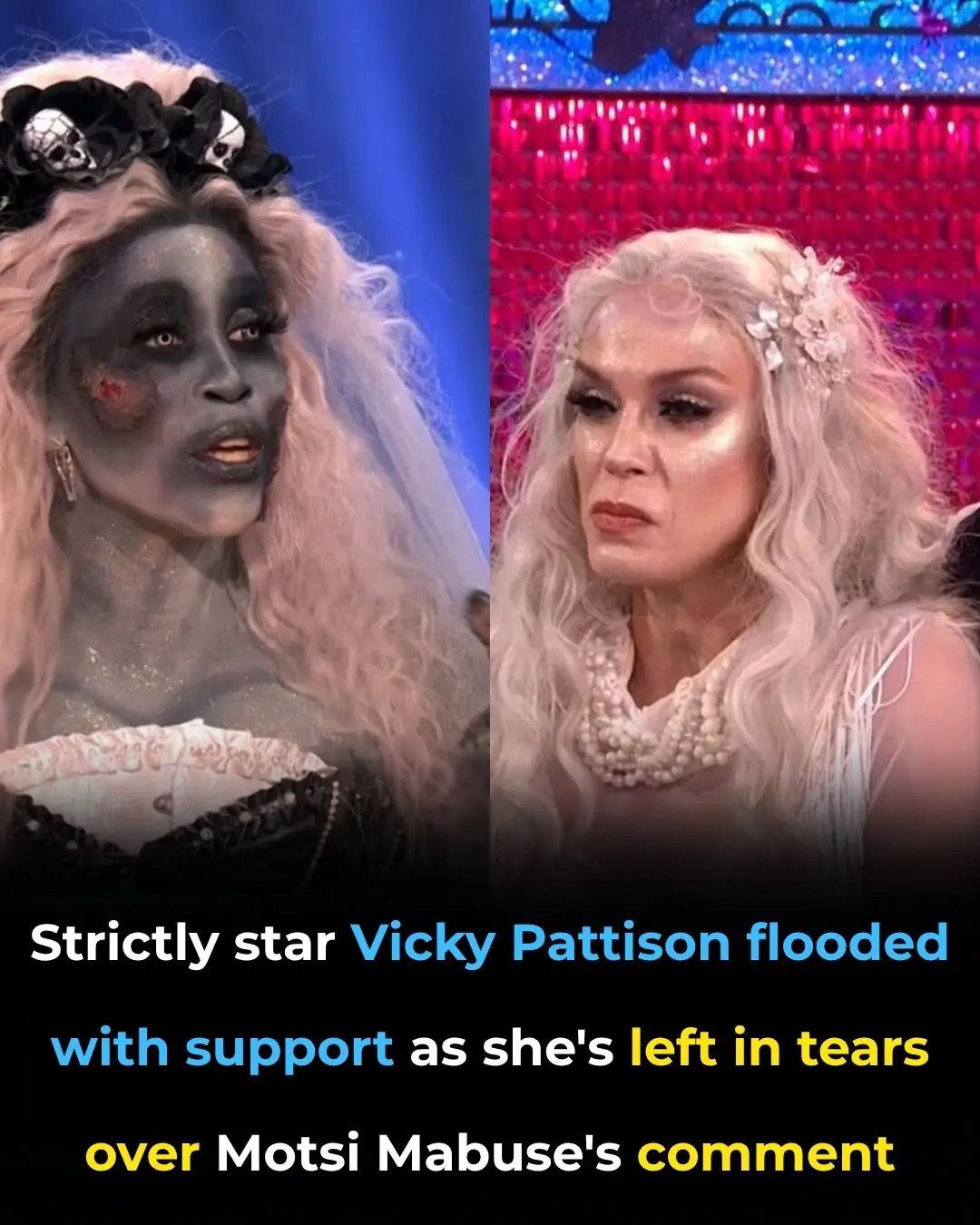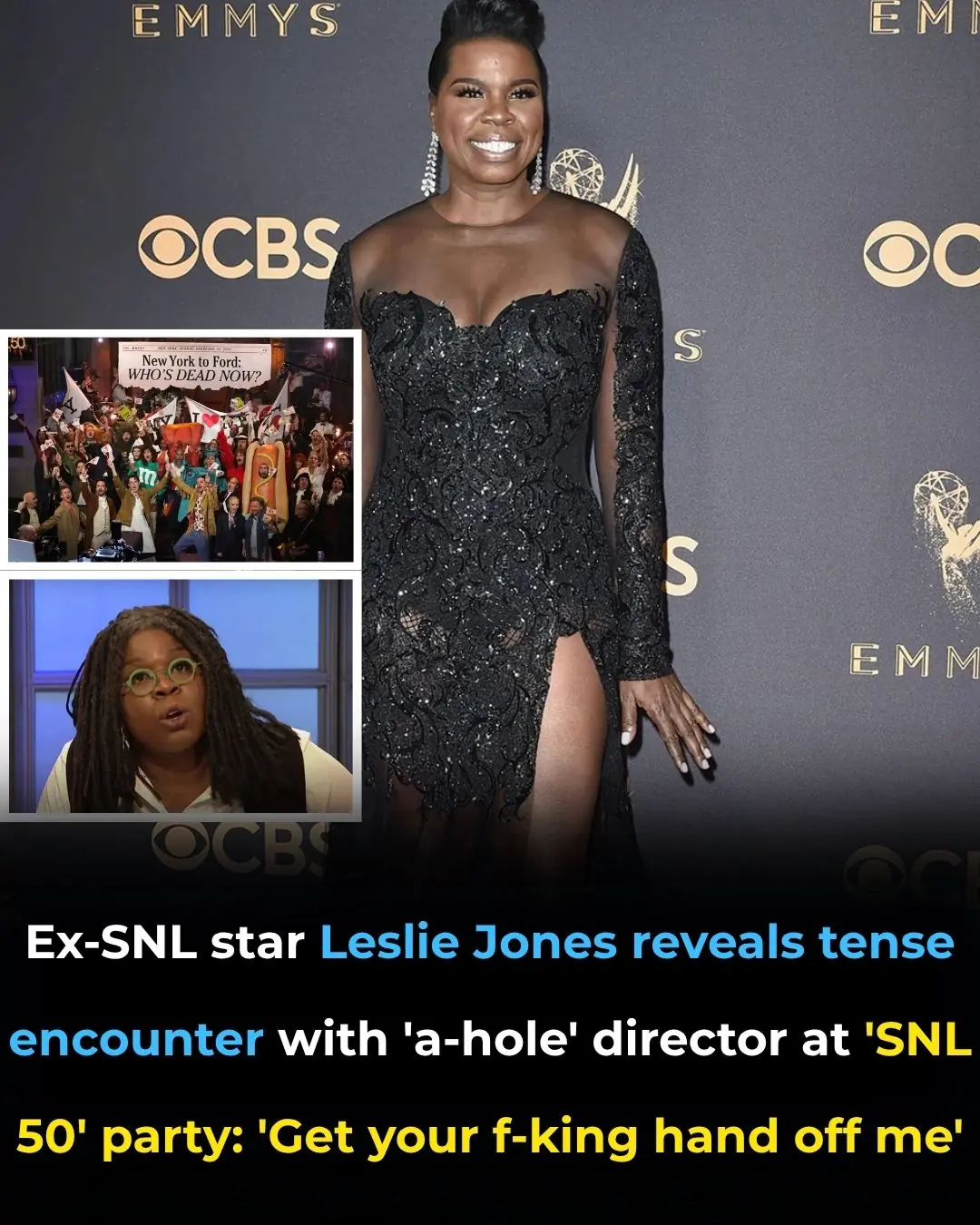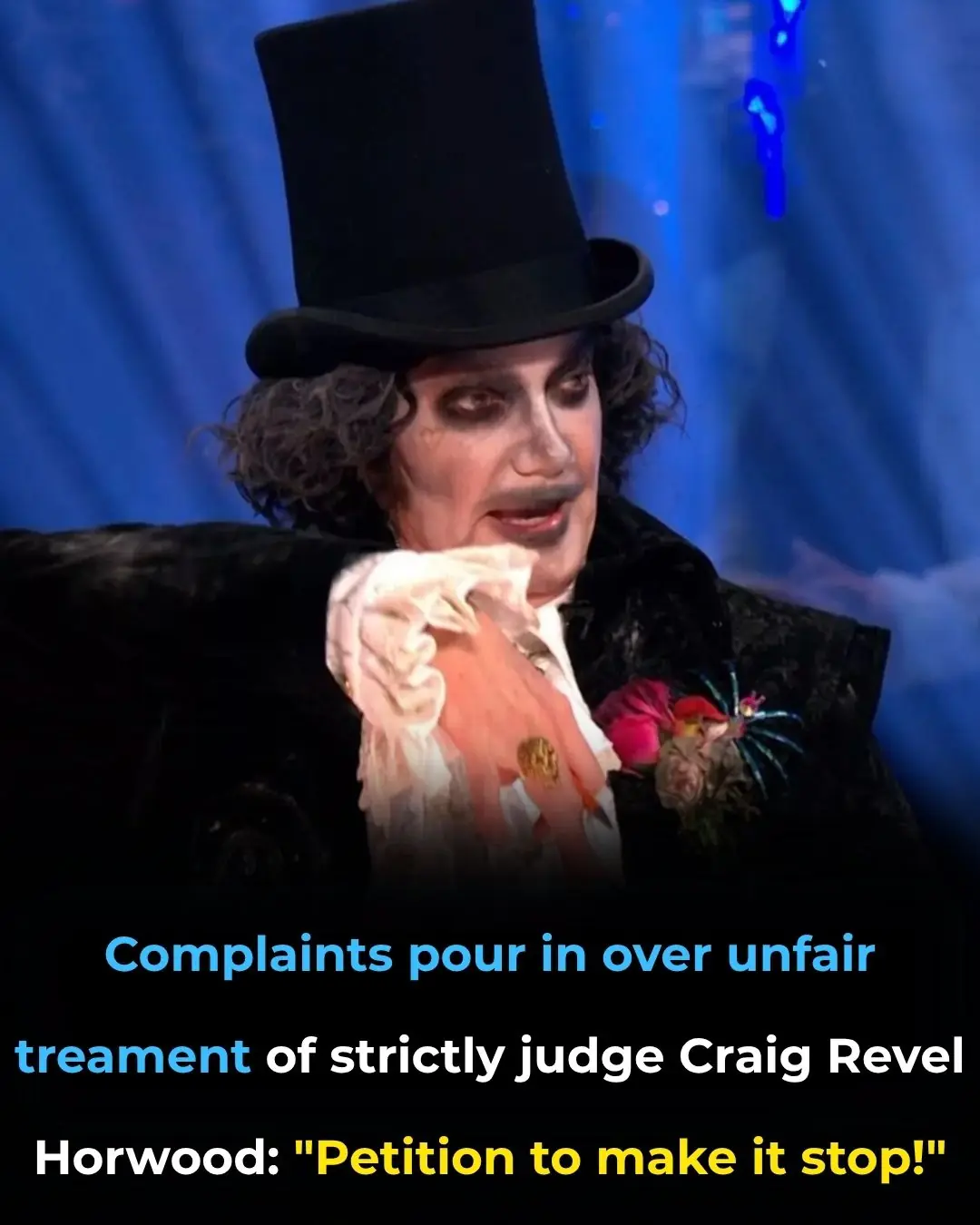
4 Good Reasons Everyone Should Read Ralph Ellison’s ‘Invisible Man’ At Least Once
Ralph Ellison’s Invisible Man: 71 Years Later, Its Message Still Resonates
Seventy-one years ago today, Ralph Ellison made literary history. His groundbreaking novel Invisible Man earned the National Book Award in 1952, marking a defining moment not just for Ellison himself, but for American literature as a whole. What began as the debut of an unknown writer quickly became one of the most profound explorations of race, identity, and humanity in the 20th century.
Published in 1952, Invisible Man was Ellison’s first and only completed novel, yet it remains one of the most celebrated works in modern American letters. Told in the first person, the book follows a young, educated Black man’s journey from the racially segregated South to the chaotic streets of Harlem. Through the protagonist’s experiences, Ellison confronts the brutal realities of racism, invisibility, and alienation — themes that still echo powerfully today. As The New York Times once noted, the novel “captured the American condition in all its tragic contradictions,” a truth that continues to feel urgent decades later.

When Invisible Man won the National Book Award on January 27, 1953, Ellison became the first African American author to receive the honor. His victory not only signaled a shift in American literary consciousness but also cemented his status as one of the era’s most influential voices. Critics from The Washington Post and The Guardian have since hailed the novel as a cornerstone of Black literary expression and a work that “helped redefine what the American novel could be.”
In celebration of Ellison’s timeless achievement, here are four reasons why everyone should read Invisible Man at least once — and why its lessons remain vital for generations to come.
1. It is a novel of shared humanity.
As author Adam Bradley reflected in The New York Times Style Magazine, Ellison’s message transcends the boundaries of race and time:
“Though I could not have articulated it back then, I was overtaken by an ambivalence akin to that which Ellison’s unnamed protagonist expresses in the final line — ‘Who knows but that, on the lower frequencies, I speak for you?’”
Bradley explains that Ellison’s protagonist, though shaped by the particularities of Black life in segregated America, embodies universal human questions — belonging, dignity, and voice. The novel’s final sentiment challenges readers to recognize that beneath our divisions lies a shared humanity. Ellison dared to assert that the Black experience was not marginal but central to the American story.
2. The idea of invisibility remains painfully relevant for the marginalized.
In a New Yorker essay, writer and educator Clint Smith recalled how Invisible Man offered clarity in the aftermath of Trayvon Martin’s death.
“I am invisible, understand, simply because people refuse to see me,” Ellison wrote — a line that encapsulates the exhaustion of being unseen despite one’s humanity.
Smith describes assigning the book to his high school students in Maryland, many of whom could see themselves in the protagonist’s struggle to find meaning amid injustice. From the surreal “Battle Royal” scene in the South to the protagonist’s disillusionment with the Brotherhood in Harlem, Ellison captures how progress for Black Americans has often come entangled with exploitation and false promises. As The Atlantic later observed, Ellison “turned invisibility into metaphor — and metaphor into truth.”
3. It highlights interdependence and the complexity of identity.
Literary critic D. Quentin Miller of WBUR noted that Ellison’s novel “provides a good deal to think about, but no easy answers.”
“It begins with the word ‘I’ and ends with ‘you,’ forcing readers to contemplate how connected they are to the stories of others,” Miller writes.
That shift from self to other — from isolation to recognition — forms the emotional core of Ellison’s message. His narrator’s descent underground is not just a retreat from society, but a symbolic reawakening to the interconnectedness of human life. As NPR described in a retrospective on Ellison’s legacy, Invisible Man “asks every reader to confront the question of how identity is shaped — by choice, by society, and by the gaze of others.”
4. Its lessons will endure for generations.
Decades after its publication, Invisible Man continues to speak to new readers, particularly young Black audiences searching for language to articulate their experiences. Russia Robinson observed that
“The novel works to protest against racism and the cloak of invisibility placed on Black people. It addresses the oppressions faced by people of color that go against mainstream White society.”
Many scholars classify the book as both an existentialist and a bildungsroman — a coming-of-age story that mirrors the spiritual journey of finding selfhood in a world that insists on one’s invisibility. As Ellison himself once told The Paris Review, he wrote Invisible Man not merely to protest but “to depict the human complexity of the Negro American and, through him, the human complexity of us all.”
Seventy-one years on, Ralph Ellison’s Invisible Man remains a masterpiece — not just of literature, but of truth-telling. It is a mirror held up to America’s conscience, a reminder that until everyone is seen, no one truly is.
News in the same category


EXCLUSIVE: Kerry Katona 'upset' over 'selfish' Katie Price as cracks show in friendship

Big Brother fans fume ‘she can't get away with this’ as they slam housemate

12 Fruit Trees You Must Prune in August — and the Science Behind It

If You Find This Snake in Your Yard, Don’t Harm It — Here’s Why

Ooops, Guess I’ve Been Doing This Wrong: Why You Should Rethink Using Saucers Under Planters

1 Lemon Is All You Need to Revive an Orchid: Here’s How It Works

Soap Water: A Gardener’s Secret Weapon for Natural Pest Control

20 Plants That Thrive in Cheap 5-Gallon Buckets

Strictly star Vicky Pattison left in tears after Motsi Mabuse’s comment

Strictly Come Dancing fans ‘gutted’ as Halloween Week results leak and fan favourite heads home

Ex-SNL star Leslie Jones reveals tense encounter with ‘a–hole’ director at ‘SNL 50’ party: ‘Get your f–king hand off me’

How Sydney Sweeney reacted to jokes about her chest at Matt Rife comedy show — alongside Scooter Braun

Complaints pour in over treatment of Strictly’s longest-serving judge Craig Revel Horwood

Meet Mary J. Wilson, The First Black Senior Zookeeper At The Maryland Zoo

Meet the Black Woman Who Created a Nail Polish Line That Caters to Darker Skin Tones

Meet the Compton Teacher Who Sparked Kendrick Lamar’s Love for Words

Autumn Lockwood Is The First Black Woman To Coach In The Super Bowl
News Post

Washing and conditioning hair with beer helps reduce hair loss and stimulates continuous hair growth

Soak your whole body with warm ginger water before going to bed.

Discover the Meaning of a Black Cat Approaching You

Add ice cubes to the bone broth

11 Benefits of Dandelion Roots

#1 Absolute Best Toenail Fungus Cure You Can Make at Home with Just 3 Ingredients

Banana Peel & Cornstarch: A Natural Skin Hack That Could Help You Look Younger

Homemade Remedies for Varicose Veins with Onion, Garlic, and Apple Cider Vinegar

Crema Casera con Vaselina que Rejuvenece la Piel al Instante

Top 5 Natural Remedies to Shrink Enlarged Pores and Achieve Smooth Skin

DIY Onion Sunflower Seed Oil: Get New Hair In Bald Patches

Homemade Carrot Oil for Glowing Skin: A Natural Solution for Dark Spots, Wrinkles & Anti-Aging

Glow Ice: Rice Water Cubes to Shrink Pores and Get Clear, Radiant Skin

The Body’s Intuition: Signs of an Impending End

When boiling sweet potatoes, don't just use water, add 1 spoon of this, every tuber will be soft and sweet

Stir-fried beef is tough: Add these 3 steps, the meat will be softer, sweeter, and tastier than in restaurants

The Shoes You Pick Reveal What Kind of Woman You Are

Dead Butt Syndrome Is Real

Stop This Spider From Entering Your Home
